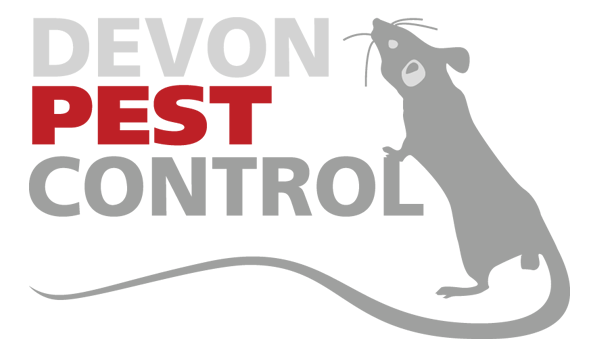As autumn transitions into winter, squirrels start searching for warmer, cosier spots to nest. Unfortunately, many homeowners find that their attics, roofs, and chimneys provide the perfect hideaway for these furry invaders. While squirrels may seem cute in the wild, when they invade your home, they can cause significant damage. If you’re dealing with a squirrel infestation, it’s important to take action early to prevent further harm. In this blog, we’ll explore effective squirrel pest control methods to protect your property from these persistent pests.
Why Squirrels Enter Homes
Squirrels are typically drawn to homes during the colder months when food is scarcer, and temperatures drop. Attics and roof spaces provide ideal conditions for them to build nests—warmth, shelter, and an absence of predators. Unfortunately, once inside, squirrels can cause a range of issues. They chew on insulation, electrical wires, and even wooden beams. They may also damage roofing, leading to leaks and more expensive repairs. In addition, squirrels can leave droppings and urine in attics, which can create unpleasant odors and attract other pests.
Signs of a Squirrel Infestation
It’s important to identify a squirrel problem early to prevent extensive damage. Here are some signs that you may have squirrels in your attic or roof:
-
Scratching or Scrambling Noises: Squirrels are most active in the early morning and evening, so listen for scratching or scurrying sounds above your head, particularly in the walls or attic.
-
Nesting Materials: If you find shredded paper, fabric, or insulation in your attic, this is a sign that squirrels have begun nesting.
-
Chewed Wiring or Structural Damage: Squirrels are notorious for chewing on electrical wires, wood, and insulation. Look for signs of gnawing or chewing around entry points or beams.
-
Droppings or Urine: Squirrel droppings are often found near their nests, along with a strong odour. This can pose health risks, as squirrel droppings may contain parasites.
Squirrel Pest Control: How to Keep Them Out
Here are the most effective methods for squirrel pest control to keep your home safe:
1. Seal Entry Points
The first step in squirrel control is preventing them from getting inside. Inspect your roof, attic, and other entry points for any gaps, cracks, or holes. Squirrels can squeeze through surprisingly small spaces, so even a 1.5-inch gap is enough for them to enter. Common entry points include vents, chimneys, and loose roof tiles. Use mesh wire or foam sealant to block off these areas. Make sure to check around soffits and fascia boards as these are prime access points.
2. Install Squirrel-Proofing Measures
Once you’ve sealed entry points, consider installing additional squirrel-proofing measures around your property. One option is to use a squirrel-proof chimney cap or install a metal mesh around trees, decks, and rooflines to prevent squirrels from accessing the roof. You can also install motion-activated lights or sprinklers near areas where squirrels may attempt to enter.
3. Repellents
There are several squirrel repellents available, both commercial and homemade, that can help deter squirrels from nesting in your attic. Some repellents are ultrasonic, emitting a high-pitched sound that is unpleasant for squirrels but inaudible to humans. Others are scent-based, such as peppermint or predator urine, which squirrels find repulsive. However, keep in mind that repellents are most effective when used in conjunction with sealing entry points.
4. Call a Professional
If you’re unable to remove squirrels on your own or if the infestation is severe, it’s best to call a pest control professional. Experts have the tools and experience needed to safely and effectively remove squirrels from your home, as well as prevent future infestations.
Squirrel infestations can be a significant nuisance, causing damage to your property and creating health hazards. By taking proactive steps to prevent access and seeking professional help when needed, you can effectively manage squirrel problems in your home. Remember, the key to successful squirrel pest control is early intervention—sealing entry points and preventing access before the cold weather arrives is your best defense. If you’re dealing with a current infestation, don’t wait—take action now; give Devon Pest Control a call and let them help protect your home from further damage.






